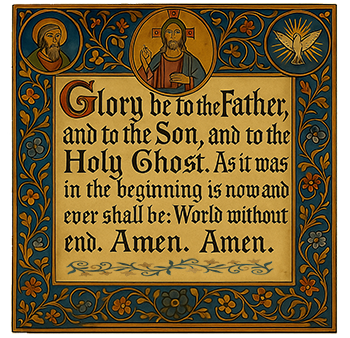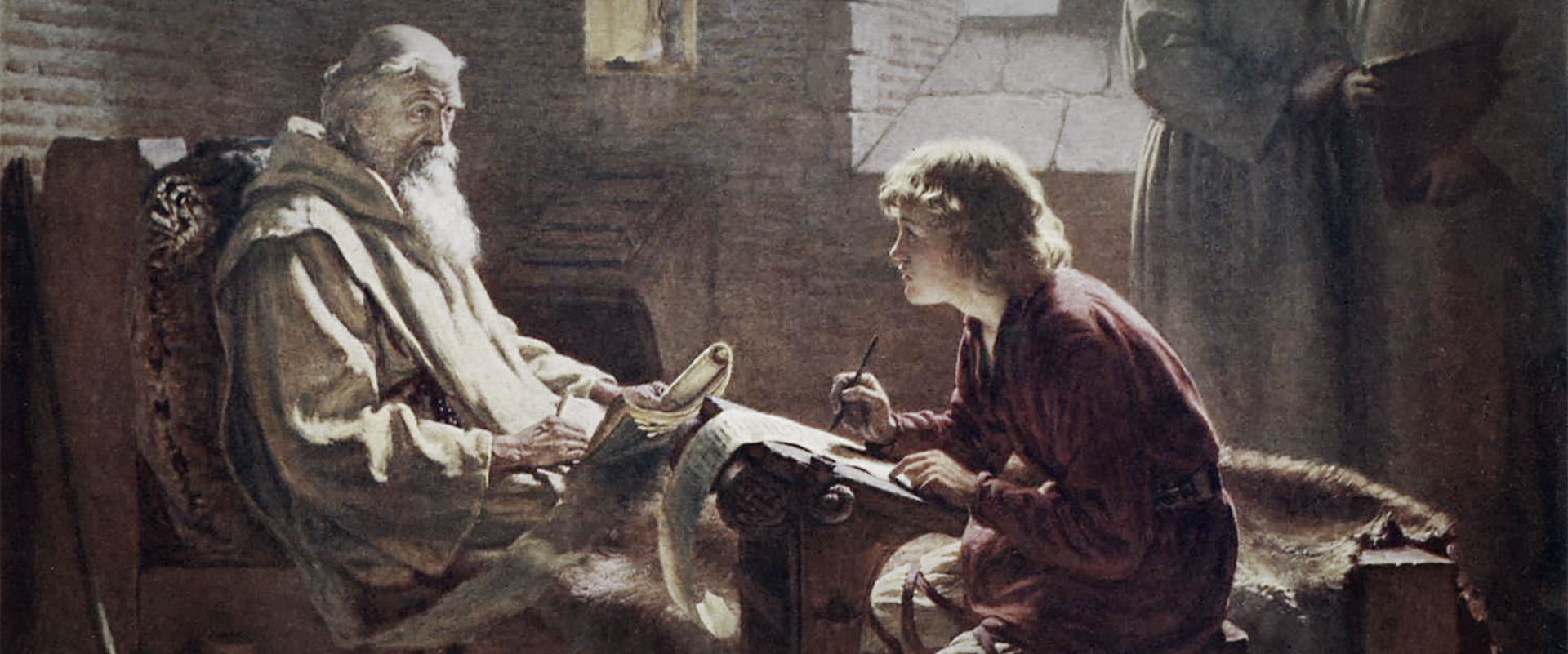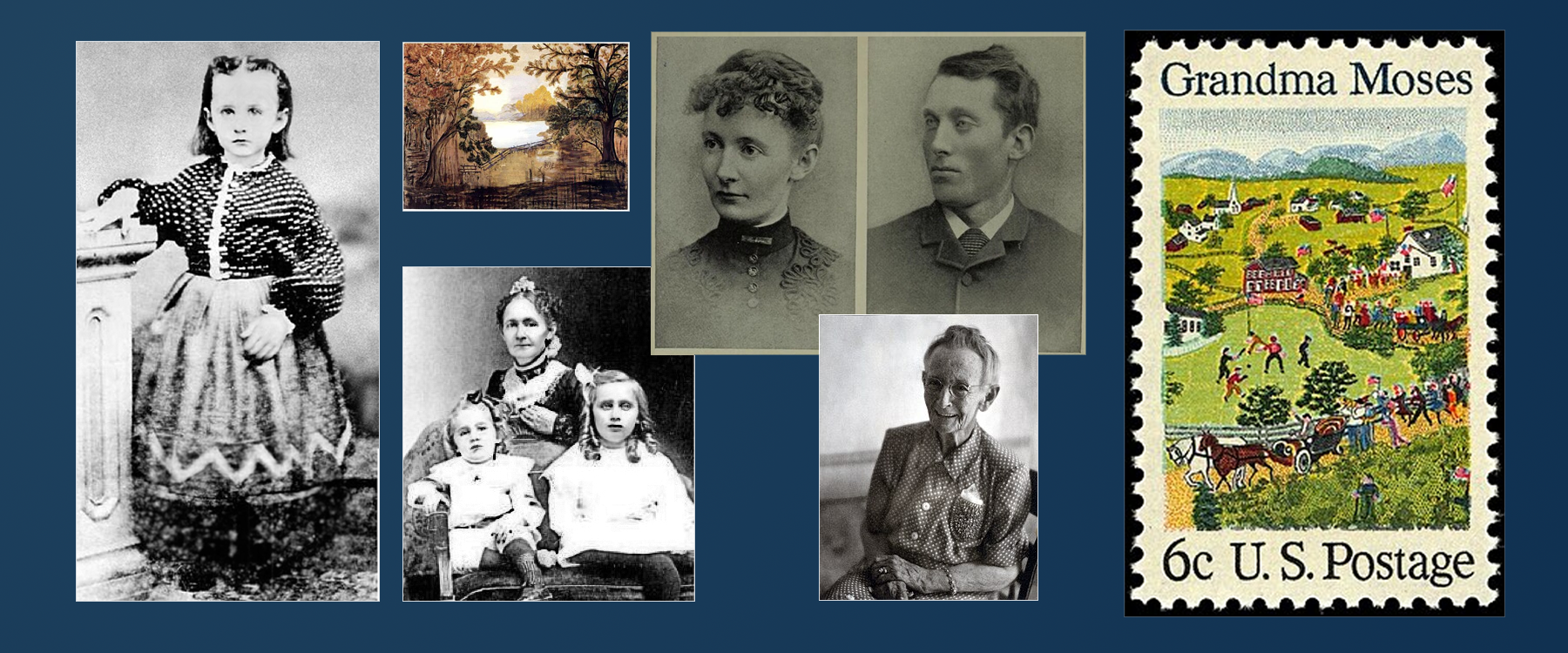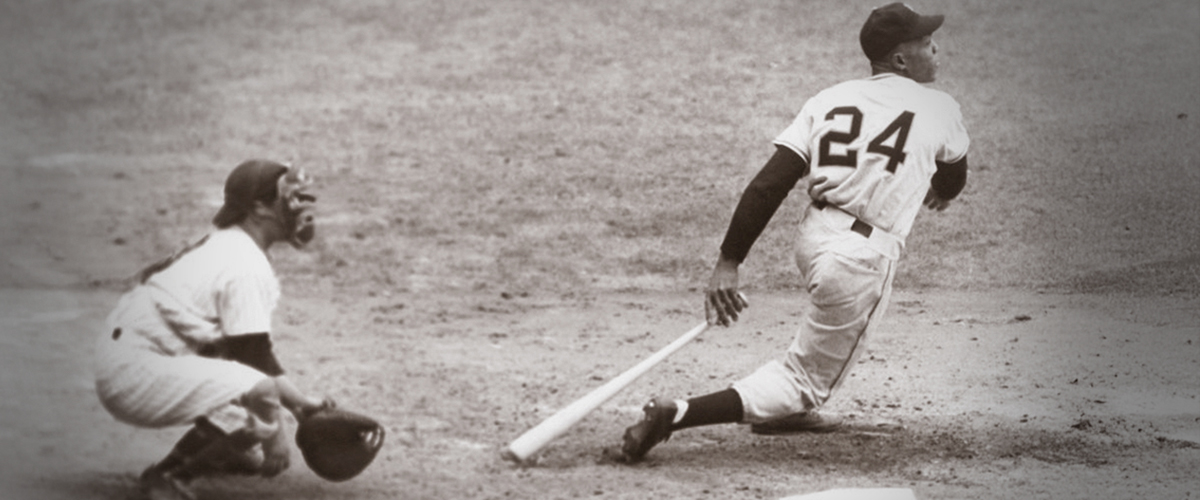 In the year 735, a monk named Bede lay dying in a monastery in Jarrow, England. He had spent his life as a scholar, authoring commentaries on Scripture as well as a history of the English Church. And now, on his deathbed, he continued to dictate a translation of the Gospel of John, determined to finish the work.
In the year 735, a monk named Bede lay dying in a monastery in Jarrow, England. He had spent his life as a scholar, authoring commentaries on Scripture as well as a history of the English Church. And now, on his deathbed, he continued to dictate a translation of the Gospel of John, determined to finish the work.
As his final hours drew near, he asked those with him to join in singing a hymn: the Gloria Patri.
Glory be to the Father, and to the Son, and to the Holy Ghost.
As it was in the beginning, is now, and ever shall be: World without end. Amen. Amen.
This short hymn was already ancient in Bede’s time. It dates back to the early days of the church, possibly the second or third century. It was often sung after the reading of psalms or prayers, tying all worship back to the eternal glory of the Trinity.
The Gloria Patri doesn’t ask for anything. It’s an offering, pure and simple, calling to mind the words of St. Paul:
For from Him and through Him and to Him are all things. To Him be the glory forever. Amen. (Romans 11:36)
So, why did Bede choose this as his final song?
Maybe because it sums everything he lived for. The final days of his life on earth weren’t much different than the thousands that came before — each one lived with purpose, making the best use of his gifts in service to Christ. And when the time came to let go, he did so with a song of praise.
May this dedication define our days as well.




